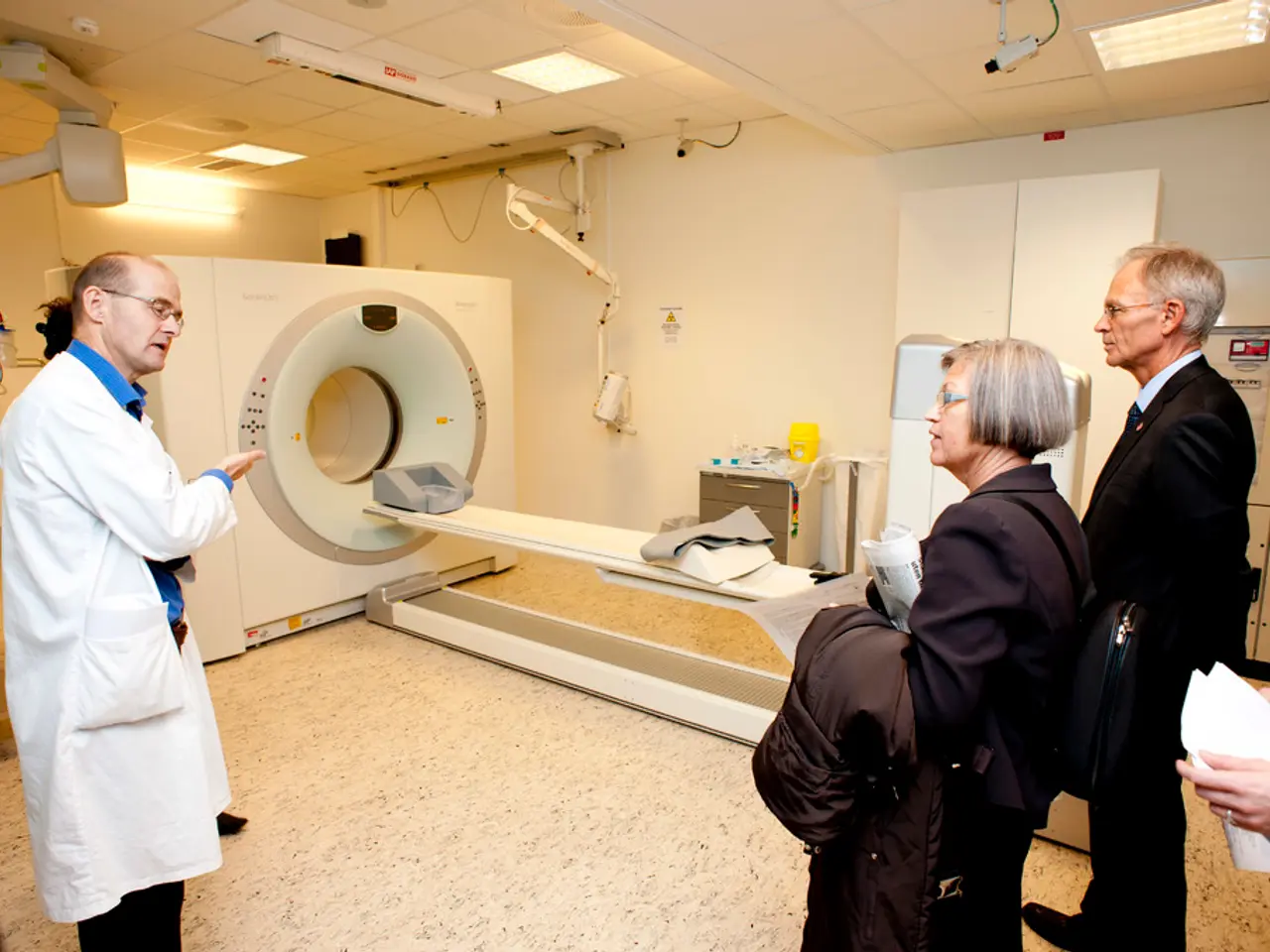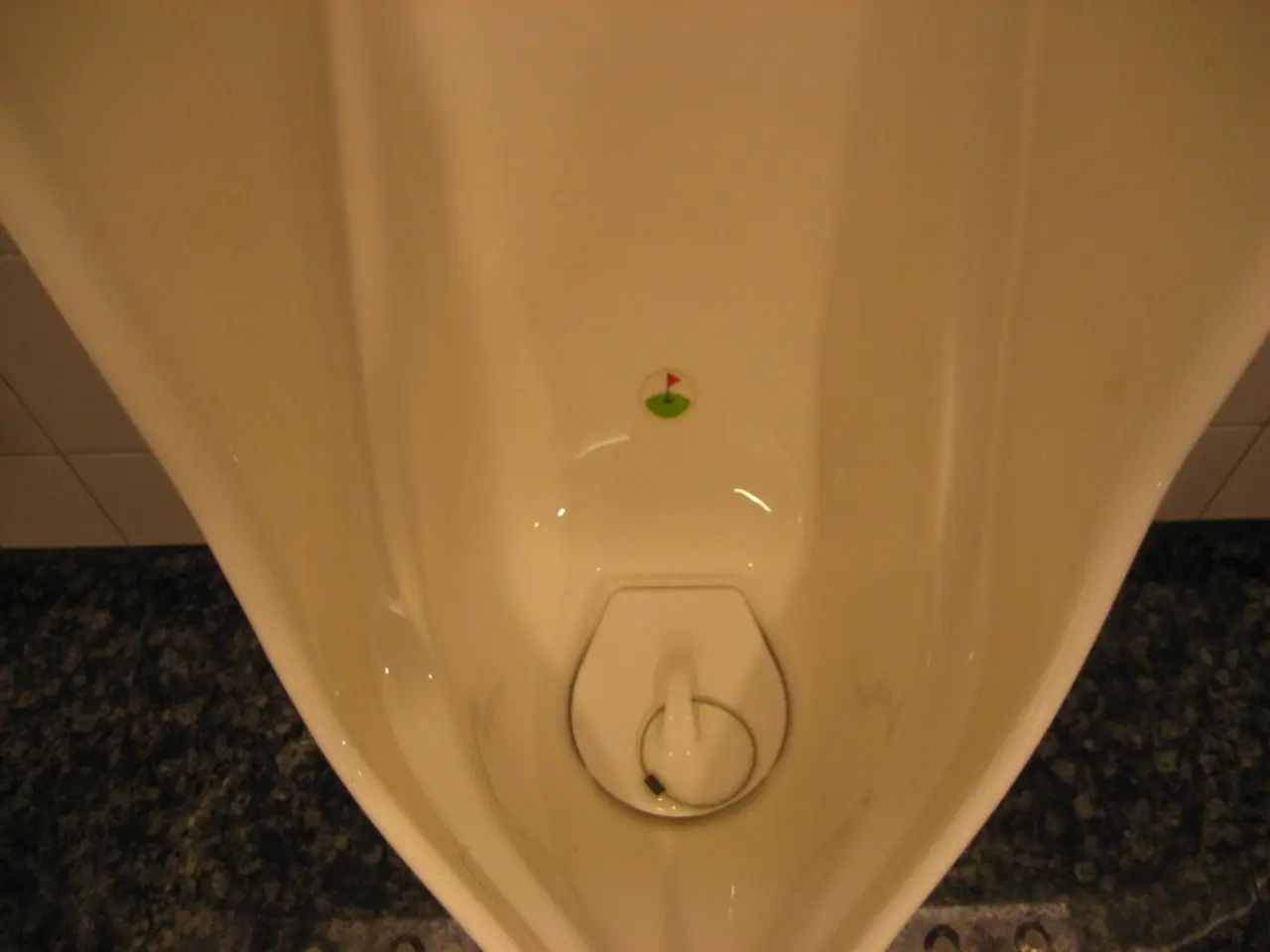Medical institution held accountable for expensive patient slip-and-fall incident
In a recent legal case in Denver, an 82-year-old man was awarded $3.2 million following a fall after spine surgery in March 2024. The fall occurred during the transfer from a CT scan table to a hospital bed.
The man's legal complaint claimed that the fall was preventable and was due to the negligence of hospital staff. The jury found the hospital workers responsible for the accident and agreed that the fall caused serious harm. However, no comment was given about the verdict, and it remains unclear whether the hospital plans to appeal.
Falls in hospitals, especially involving elderly patients, are not uncommon and can lead to permanent disability. Common causes of falls in hospitals, especially after surgery in elderly patients, include physical inactivity, impaired balance, muscle weakness, cognitive decline, medication side effects, poor vision, and environmental hazards such as slippery floors or inadequate lighting.
Preventive measures focus on multifactorial and individualized interventions. These include physical activity and exercise programs, environmental modifications, the use of assistive devices, medication review and management, patient and caregiver education, fall risk assessments, and the use of sensor technologies.
The hospital, operated by a national faith-based system, issued a statement emphasizing patient safety and their commitment to caring for patients with kindness and safety in mind. Hospitals often carry insurance to cover the cost of lawsuits, but a public case and large verdict can damage a facility's reputation and lead to reviews of internal safety practices.
Falls in hospitals can occur during various activities such as bathroom trips, physical therapy, or while getting into wheelchairs or onto exam tables. This case may bring more attention to the handling of patients after surgery, particularly older adults recovering from spine procedures.
Questions often arise about the number of people involved in patient transfers, the use of proper lifting tools, and adherence to policies when falls happen right after surgery. The fall resulted in a fractured spine, requiring another surgery. The injury likely added to the man's pain, recovery time, and possible long-term complications.
Juries tend to take these cases seriously, especially when patients were in no position to protect themselves. This verdict serves as a reminder for hospitals to prioritize patient safety, particularly in the care of elderly patients recovering from surgery. It is crucial for hospitals to implement effective fall prevention strategies to reduce the risk of such incidents and ensure the well-being of their patients.
[1] Tinetti, M., et al. (2008). Prevention of falls in elderly persons in the hospital: a systematic review. Journal of the American Medical Association, 299(1), 63-71.
[2] American Geriatrics Society and British Geriatrics Society. (2010). Prevention of falls in older persons: a systematic review and clinical practice guidelines from the American Geriatrics Society and British Geriatrics Society. Journal of the American Geriatrics Society, 58(10), 1724-1733.
[3] American Academy of Orthopaedic Surgeons. (2019). Prevention of falls in the elderly. Orthopaedic Nursing, 36(3), 152-155.
[4] National Institute on Aging. (2019). Preventing falls in older adults: practical strategies. Retrieved from https://www.nia.nih.gov/health/preventing-falls-older-adults-practical-strategies
- To reduce the risk of falls in hospitals, particularly for elderly patients after surgery, it is essential for healthcare facilities to implement fall prevention strategies that encompass physical activity and exercise programs, environmental modifications, proper use of assistive devices, medication management, educational programs, fall risk assessments, and sensor technologies. [science, workplace-wellness, health-and-wellness, aging]
- Aging individuals, especially those recovering from spinal surgery, may be more susceptible to chronic medical conditions, such as chronic kidney disease, due to the increased risk of falls and the subsequent complications that can arise during recovery. [aging, medical-conditions, chronic-diseases, chronic-kidney-disease]
- The National Institute on Aging and various professional organizations, such as the American Geriatrics Society and the American Academy of Orthopaedic Surgeons, have published comprehensive guidelines based on research to help hospitals create safer environments, preventing falls and promoting the overall health and wellness of elderly patients. [science, healthcare, health-and-wellness, aging]




